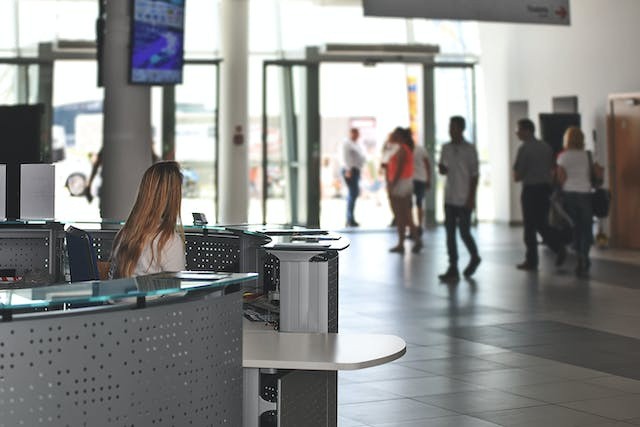
In a paradigm shift for privacy protection, Sens. John Kennedy (R-La.) and Jeff Merkley (D-Ore.) have stepped up to the plate on Wednesday with bipartisan legislation targeted to put the lid on involuntary facial recognition screening in airports.
Targeting TSA's Authorization: A Step for Greater Privacy
The dynamic legislative duo are turning their sights on the Transportation Security Administration's (TSA) authorized use of facial recognition technology at airports. They argue that their proposed Travelers' Privacy Protection Act (TPPA) would be a solid move to halt the TSA from "continuing to abuse the technology and storing traveler's biodata." They pointed out that most everyday Americans remain in the dark about their ability to reject the screening process. *"Every day, TSA scans thousands of American faces without their consent and without clarifying that travelers can skip the invasive screening," Kennedy said, hammering home the extensive, daily impact of the issue. "The Traveler Privacy Protection Act would stand as a barrier to Big Brother's over-reaching, halting the facial recognition program in its tracks."
The Traveler Privacy Protection Act: Breaking Down the Details
A crucial component of the proposed law would erect a legal impediment to the TSA's program's continuing implementation. To employ the technology in the future, the agency must obtain official approval from Congress. In addition, the TSA would be held responsible for properly disposing of the facial biometrics garnered through their efforts.
Senator Merkley echoed the growing concerns, warning, "The TSA program is the early signs of a full-throttle national surveillance state. Nothing could pose a greater threat to our cherished national values of privacy and freedom. History tells us not to offer blind trust to government with this level of power."
Backing the bill are Sens. Roger Marshall (R-Kan.), Elizabeth Warren (D-Mass.), Edward Markey (D-Mass.), and even former presidential candidate Bernie Sanders (I-Vt.)
TSA's Pilot Facial Recognition Program: Sparking Criticism
Earlier in the year, the TSA rolled out its pilot facial recognition program, setting it up across 16 airports nationwide. Their insistence that the program is optional sparked a wave of criticism around using the technology and the potential avenues for data abuse.
The pilot program operates by having travelers at participating airports insert their driver's license into a slot that reads the card or holds their passport photo up to a card reader. Subsequently, they face a digital camera on a screen, which snaps their picture for comparison to their ID photo.
Need Legal Advice? Don't Stay Silent.
We must not undervalue the significance of competent legal assistance as the legislative process moves forward. Do not be afraid to ask for help if you have unanswered questions concerning involuntary facial recognition and how it might affect your fundamental right to privacy. Now is the perfect opportunity to speak up while the future of the Traveler Privacy Protection Act is in doubt. Equip yourself with the legal counsel you need - your privacy could depend on it.
RELATED TOPIC: US Federal Court Overrules Meta in FTC Privacy Battle




